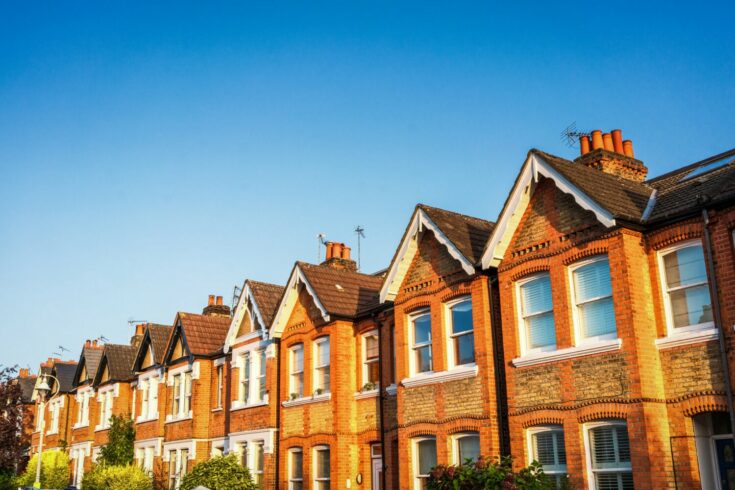A new project is analysing the political and personal significance of ‘home’ during and after the pandemic.
The ‘Stay home: rethinking the domestic during the COVID-19 pandemic’ project is led by Professor Alison Blunt from Queen Mary University of London.
It’s a collaboration with the University of Liverpool and Birbeck University of London. Project partners include:
- Museum of the Home, in London
- National Museums Liverpool
- the Royal Geographical Society (with IBG).
Home in a pandemic society
Although the project is based in London and Liverpool, it will combine a nationwide and city scale approach.
The researchers will document and analyse the way in which ‘home’ has been mobilised, experienced and imagined during and after the lockdown.
It will explore experiences and understandings related to the national directive to ‘stay home’ and provide new knowledge about practices and meanings of home.
Professor Alison Blunt said:
Home has never been more central to people’s lives than during the COVID-19 pandemic.
Focusing on people of different ethnicities, faiths and migration histories, and working with children as well as adults, we want to lead the public debate about home in a pandemic society.
Practices and meanings of home
Key areas of work include:
- the analysis of material in the ‘stay home’ collection at the Museum of the Home
- an examination of the practices and meanings of home for migrants, diaspora communities and people of faith in London and Liverpool.
The researchers will create:
- short films, podcasts and various materials for the Museum of Home
- policy briefs
- an interfaith toolkit.
Putting home on the map
Children and young people will be asked to map their homes spaces, in recognition of the impact of school closures and home-schooling.
A city-scale project in Liverpool City Region, in partnership with National Museums Liverpool, will analyse children’s narratives alongside their maps. The project will develop a virtual exhibition and learning resources to make sense of the crisis, and is available for:
- teachers
- children
- young people.
The research will provide vital new ideas, knowledge and resources to understand home during and after the COVID-19 crisis.
Learn more about the project partners:
Last updated: 22 March 2024

